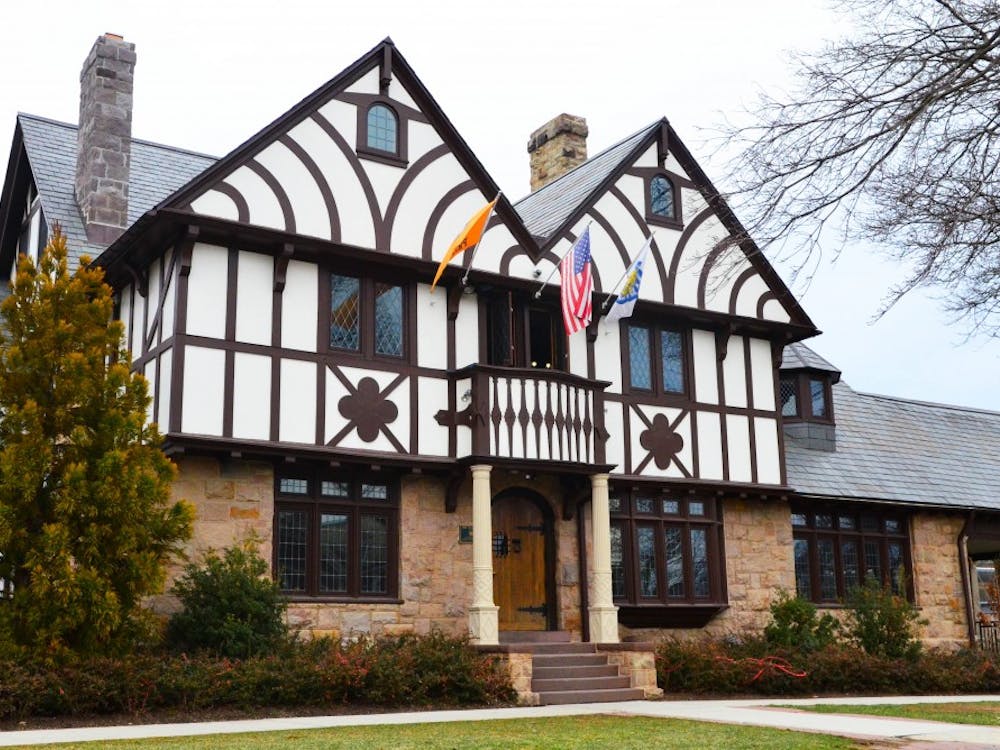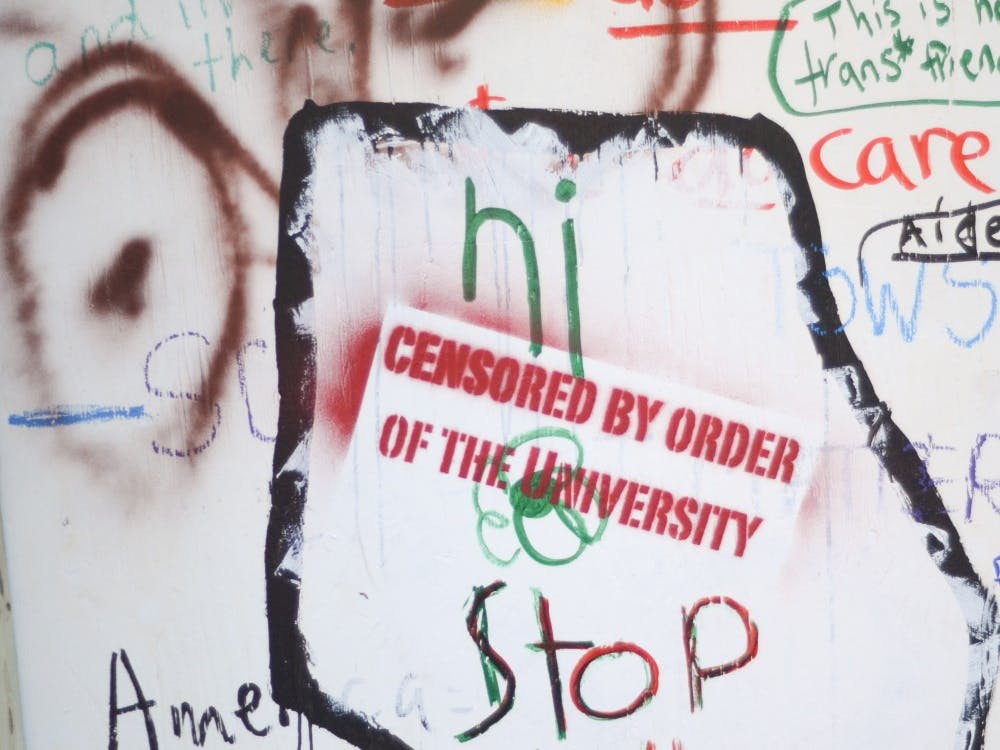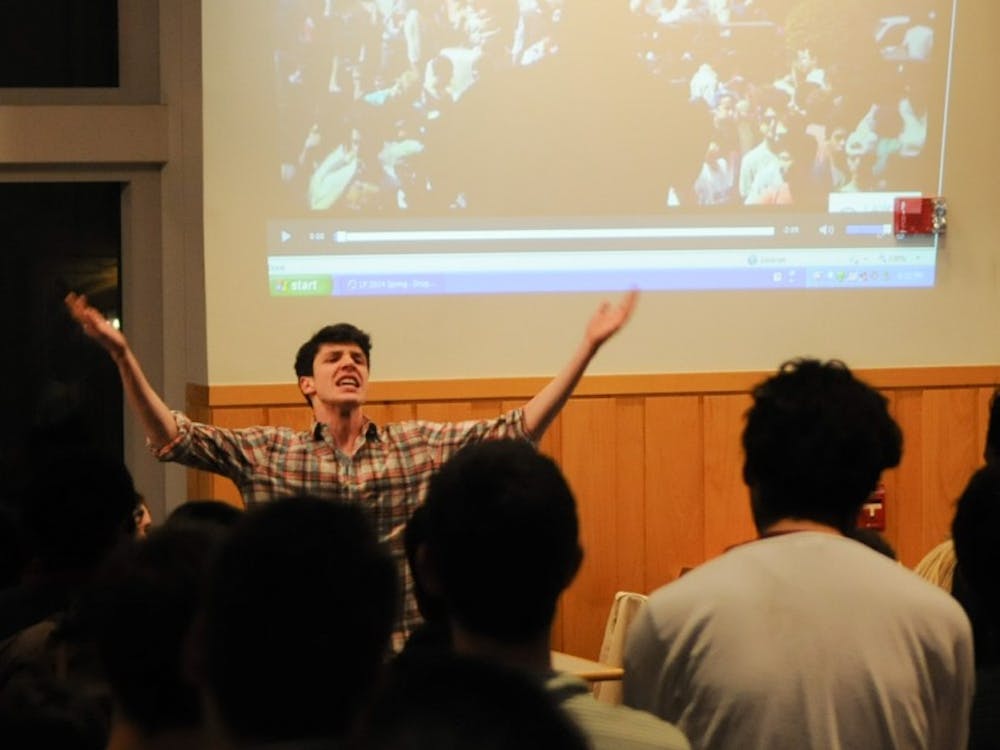TI elects new officers post 21 Club scandal
Lorenzo QuiogueTiger Inn elected four new officers on March 31 after all but two officers resigned earlier that month following a party, deemed unauthorized, of the heavy-drinking group called the 21 Club. The elections came after what was officially called a “security breach” at the club on March 9, according to an email obtained by The Daily Princetonian that was sent to members by the club’s graduate board president Robert “Hap” Cooper ’82. Former president Ryan Cash ’15, house manager Dror Liebenthal ’15, treasurer Will Siroky ’15 and safety czar Victoria Majchrzak ’15 offered their resignations to the club’s graduate board of governors after the incident. Oliver Bennett ’15, the vice president prior to the incident, was elected president.








